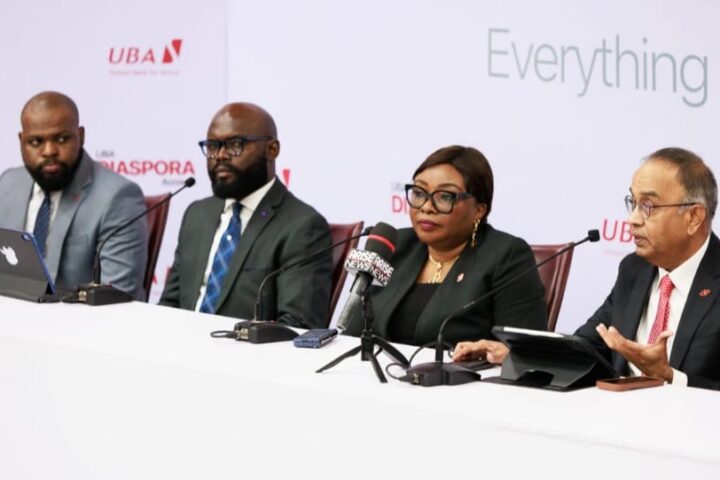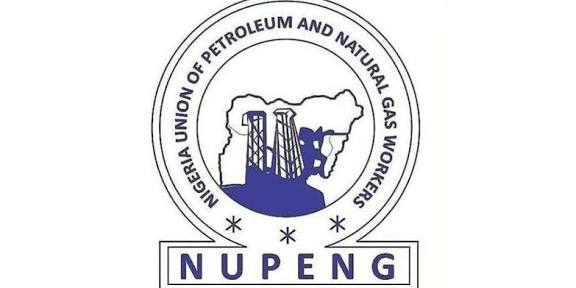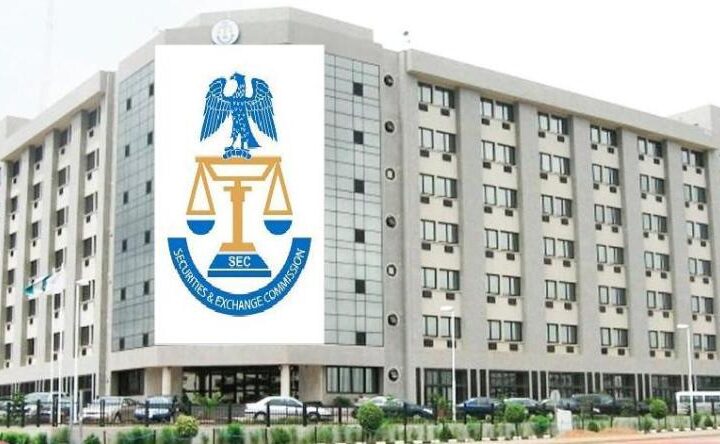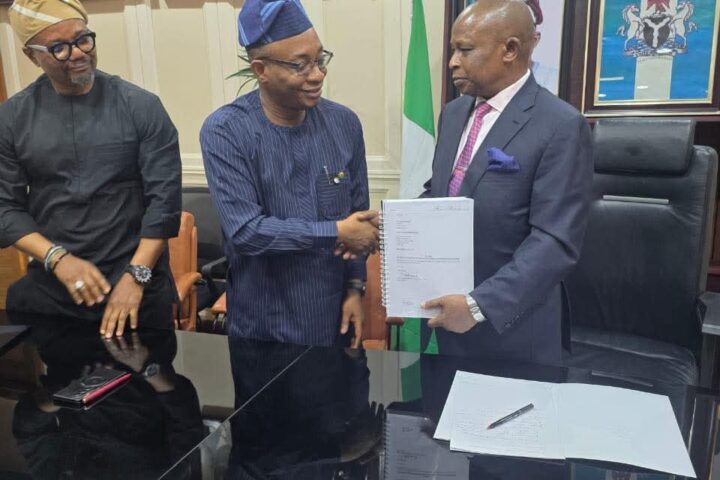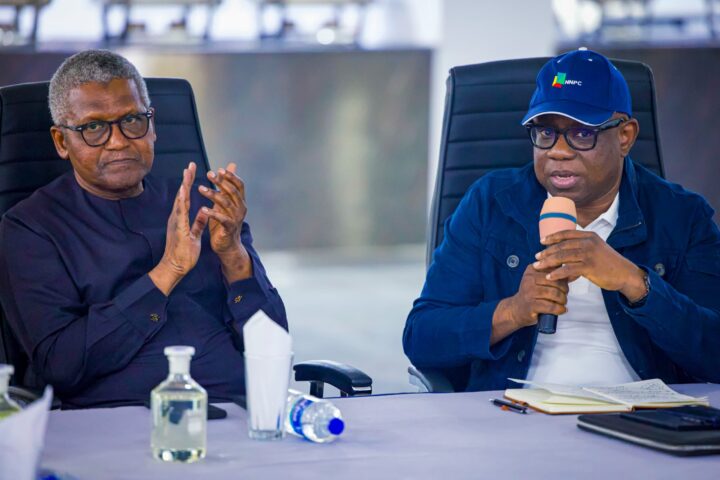Mohammed Shosanya
The Nigerian Ports Authority,NPA,facilitated
3.5 million metric tonnes of export trade through the nation’s seaports in the first six months of this year, between January and June.
Managing Director of NPA, Mohammed Bello-Koko,disclosed this during a panel session on the export of non-oil products at the 2023 Zenith Bank International Trade Seminar in Lagos.
In 2019,he said,the ports recorded about 2.8 million metric tonnes of export, and it increased to 3.8 million metric tonnes in 2020.
He export volume grew in 2021 to 3.79 million metric tonnes, and over 5.1 million metric tonnes in 2022,adding that the NPA is working closely with other government agencies such as Customs, Nigerian Shippers’ Council and Nigerian Maritime Administration and Safety Agency to ensure that imports and exports are cleared out of the port faster.
“We need the Customs to reduce the time it takes to scan and inspect cargo because the faster it takes, the earlier the importer and exporters take their goods,” he said.
Bello-Koko said the partnership with the Nigeria Customs Service helped the NPA in achieving the feat as he expressed optimism that the agency will achieve more than it attained in previous years.
“NPA’s responsibility is to handle the logistics issue as relates to the delivery of cargo to ports, reviewing the cargo and also ensuring that it is loaded for the voyage. We encouraged the terminal operators to create hinterland aggregation points and dedicated spaces for export within the port terminals, but we need to realise that the ports are very small and therefore there are capacity issues.
“So, what we did was to create export processing terminals and the export processing terminals are one-stop shops where you consolidate, test, weigh, and pack it and then go straight into the ports. What the Customs did for us is to create an export command. This means there are individuals responsible for all export problems that you can relate with,” he said.
He said the NPA also created time belts for exports; created a lane for export to improve the speed of moving export to the port and the Lagos State Government has been working with them to enforce traffic regulations, especially along the port corridors, which helped to reduce congestion.



